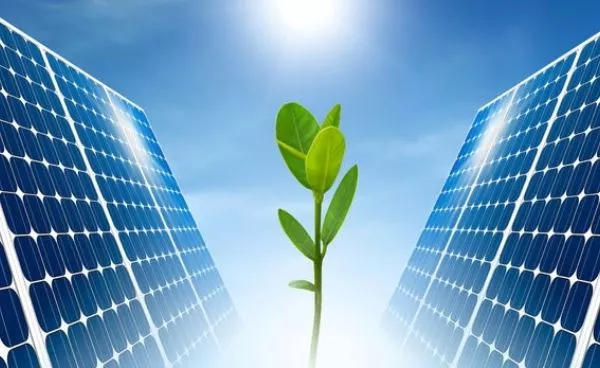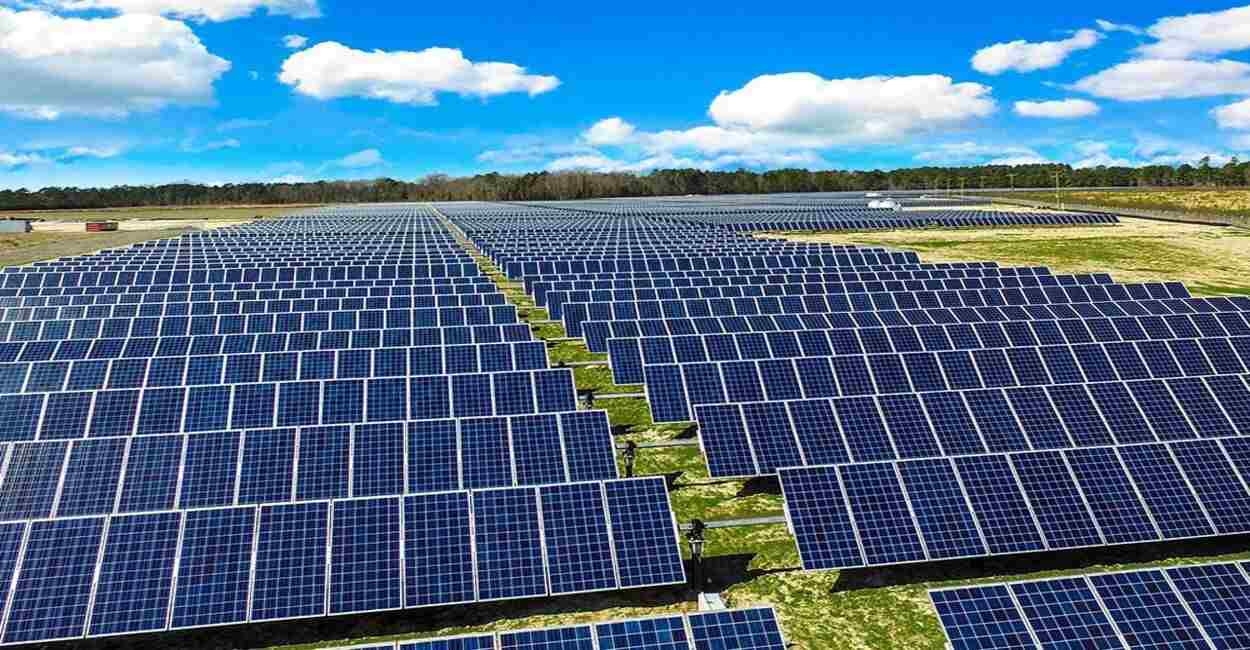Exactly How Solar Power Can Aid You Conserve Cash and Reduce Your Carbon Impact
The assimilation of solar power right into your power portfolio presents a compelling opportunity for both financial savings and environmental stewardship. By taking advantage of the sun's energy, homeowners can significantly decrease their month-to-month utility costs while additionally safeguarding versus the changability of future power prices. Moreover, the change to solar adds to a marked reduction in carbon discharges, straightening individual money with wider environmental goals. As numerous federal government incentives appear, the inquiry emerges: just how can one properly browse the initial investments and ongoing benefits of solar modern technology to make best use of both economic and ecological gains?
Recognizing Solar Energy Savings
While the shift to solar power frequently entails a first financial investment, comprehending solar power savings is essential for property owners and businesses alike. Solar power systems can considerably reduce electrical power bills by using the sun's power, equating right into significant lasting monetary benefits. By creating their very own power, users lessen reliance on grid power, which undergoes fluctuating prices. These savings can gather over time, often causing a fast return on investment.
Furthermore, solar power systems might get various economic incentives, including tax obligation credit scores and discounts, better improving their cost-effectiveness. The accessibility of web metering enables users to market excess power back to the grid, producing an additional profits stream. These variables add to the overall savings related to solar power.

Along with guide financial savings, solar power supplies the included advantage of boosting building value. Homes equipped with photovoltaic panels are frequently extra eye-catching to customers, as they guarantee reduced power expenses - Simply Solar Illinois. Comprehending these elements is necessary for any individual thinking about solar power, as it highlights not simply the prospective economic gains, however additionally the more comprehensive environmental and financial benefits of embracing renewable resource remedies
Preliminary Prices vs. Long-Term Perks
When assessing solar energy, it is very important to evaluate the preliminary expenses against the long-lasting advantages. The in advance financial investment for solar panels, installation, and related devices can be substantial, often ranging from $15,000 to $30,000, relying on the system dimension and home energy demands. This preliminary expenditure might discourage some homeowners; nevertheless, it is crucial to think about the possible savings in time.
Once mounted, solar power systems can considerably decrease or also get rid of monthly power bills, causing substantial long-lasting monetary advantages. Research studies suggest that house owners can conserve anywhere from $10,000 to $30,000 over the lifespan of their planetary system, normally 25 years. Furthermore, numerous states use rewards, tax credit histories, and rebates that can offset initial costs, making solar extra accessible.

Lowering Your Carbon Impact
Reducing your carbon impact is an essential factor to consider in today's eco aware society, and embracing solar power is just one of the most reliable strategies to accomplish this objective. Solar power is a clean, renewable resource that substantially decreases reliance on nonrenewable fuel sources, which are major contributors to greenhouse gas discharges.

Moreover, the extensive adoption of solar modern technology encourages the growth of green work and sustains advancements in energy storage space and effectiveness. The more individuals and organizations buy solar power, the better the cumulative decrease in carbon exhausts, promoting a cleaner ambience for future generations.
Government Rewards and Refunds
Adopting solar power not just profits the environment but can additionally lead to considerable monetary cost savings, particularly with the accessibility of federal government incentives and refunds. Numerous federal, state, and local programs are developed to encourage home owners and organizations to spend in solar power systems, making the shift a lot more budget-friendly.
Among the most noticeable motivations is the Federal Financial Investment Tax Credit Score (ITC), which permits solar system owners to deduct a significant portion of the installation costs from their federal tax obligations. This motivation has been pivotal in decreasing the in advance expenses connected with solar power systems. Furthermore, many states use their own tax credit reports, gives, and discounts that can better enhance savings.
Furthermore, some city governments give building tax obligation exemptions for solar setups, making certain that house owners do not deal with increased home tax obligations as an outcome of their sustainable power financial investments. Utility companies might also use motivations, including web metering and feed-in reference tolls, which enable solar power individuals to offer excess power back to the grid.
Selecting the Right Planetary System
Picking the suitable solar system is critical for making the most of power efficiency and economic benefits. The choice pivots on a number of elements, including power demands, budget, and available area. House owners must start by examining click site their power intake to figure out the system size needed for optimum efficiency.
Following, think about the different kinds of solar modern technologies readily available. Simply Solar Illinois. Solar (PV) panels are one of the most usual, converting sunshine directly into power, while solar thermal systems concentrate on heating water. Each kind has unique advantages depending on individual requirements
Budget plan factors to consider are also paramount. Preliminary installment prices can vary substantially, so it's vital to contrast quotes from multiple service providers and check out funding options. Government incentives and discounts can further minimize the financial burden, making solar systems a lot more obtainable.
Verdict
The environmental advantages of solar power contribute to lasting practices vital for combating environment modification. Federal government motivations improve the usefulness of solar innovation fostering, motivating a shift towards a cleaner, a lot more financially efficient energy source.